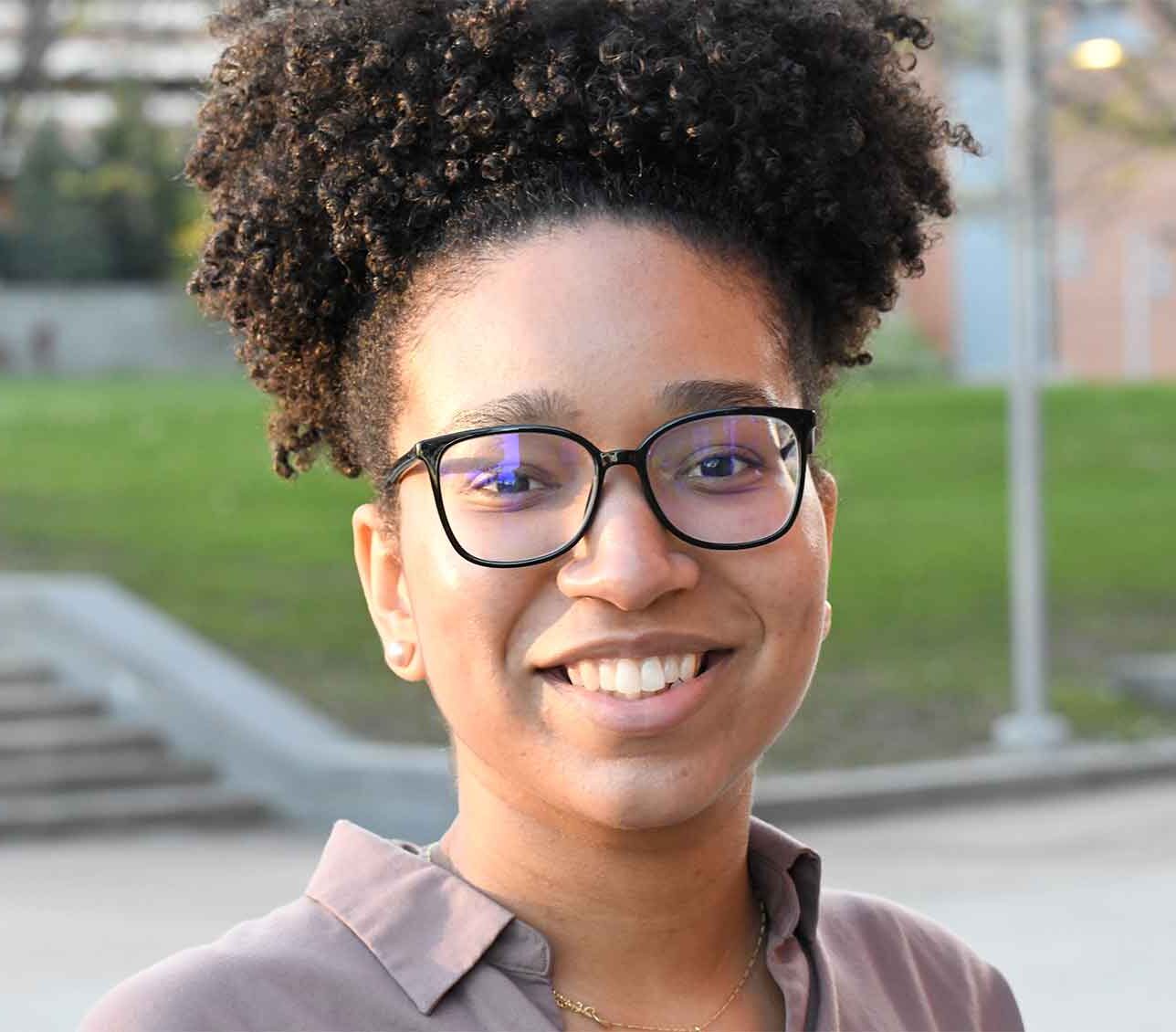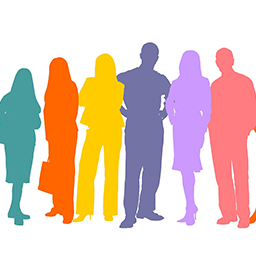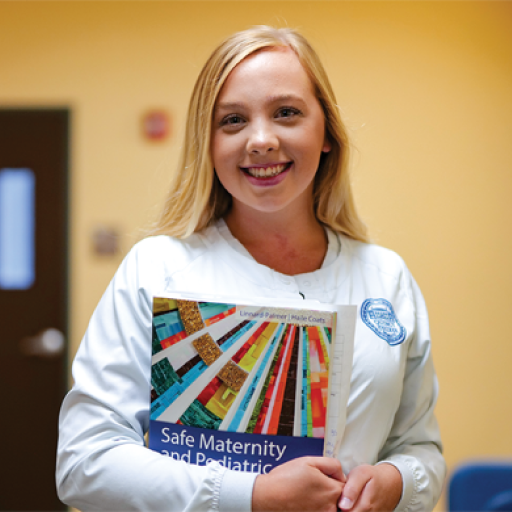Liberal Arts: Behavioral Science
Overview
Students who study the Behavioral Science concentration will earn an Associate of Arts in Liberal Arts Degree. The focus of the Liberal Arts Program is to provide the student with a breadth of program offerings in a chosen field of study. Liberal Arts students may focus their program in the following concentration areas: Behavioral Science, English, Government, History, Humanities, Psychology, or Social Science. All concentration electives must be selected in the chosen area of study.
Program Outcomes
At the completion of this program, the student should be able to:
- Compose well-structured, unified and coherent expository assignments.
- Demonstrate information literacy through research assignments.
- Apply the principles of critical thinking to assess required readings and points of discussion.
- Describe the social, political and philosophical contexts that inform a Liberal Arts concentration.
- Describe the diverse cultural and behavioral influences on a Liberal Arts concentration.
- Apply a theoretical understanding to practical problems in a Liberal Arts field (Behavioral Science, English, History/Government, Humanities, Psychology, Social Science, or Sociology
Academic Division of Liberal Arts
Liberal Arts: Behavioral Science Courses
-
Code
Course
Credits
-
- PSY 101
General Psychology
- 3
-
- PSY 103
Child Development
- 3
-
- PSY 201
Child Psychology
- 3
-
- PSY 203
Adolescent Psychology
- 3
-
- PSY 205
Psychology of Change
- 3
-
- PSY 210
Psychology of Learning
- 3
-
- PSY 212
Group Dynamics
- 3
-
- PSY 215
Abnormal Psychology
- 3
-
- PSY 216
Growth & Development
- 3
-
- PSY 221
Health Psychology
- 3
-
- PSY 230
Sport Psychology
- 3
-
- PSY 231
Psychology of Gender and Culture
- 3
-
- PSY 280
Research Design & Methodology
- 3
-
- PSY 290
Introduction to Social Psychology
- 3
-
- SOC 101
General Sociology
- 3
-
- SOC 102
Contemporary Social Problems
- 3
-
- SOC 105
Sociology of Deviance
- 3
-
- SOC 112
Interpersonal Communication
- 3
-
- SOC 116
Intercultural Communication
- 3
-
- SOC 140
Aging in America
- 3
-
- SOC 150
Women in Society
- 3
-
- SOC 155
Race, Class, Gender, Social Justice
- 3
-
- SOC 156
Media in Social Perspective
- 3
-
- SOC 201
Cultural Anthropology
- 3
-
- SOC 203
Sociology of the Family
- 3

View Current Semester Courses>>
Start your education at Quincy College this fall. Our online and blended curriculum makes it easy for you to stay safe and earn your degree!
You might also be interested in...
-

Psychology
The focus of the Quincy College Liberal Arts Program is to provide the student with a breadth of program offerings in a chosen field of study.
-

Liberal Arts: Social Sciences
The Quincy College Liberal Arts Program is to provide the student with a breadth of program offerings in a chosen field of study.
-

Courses
View the current course schedule. Quincy College offers the programs you want, the flexibility you need and the price that makes it all possible.
